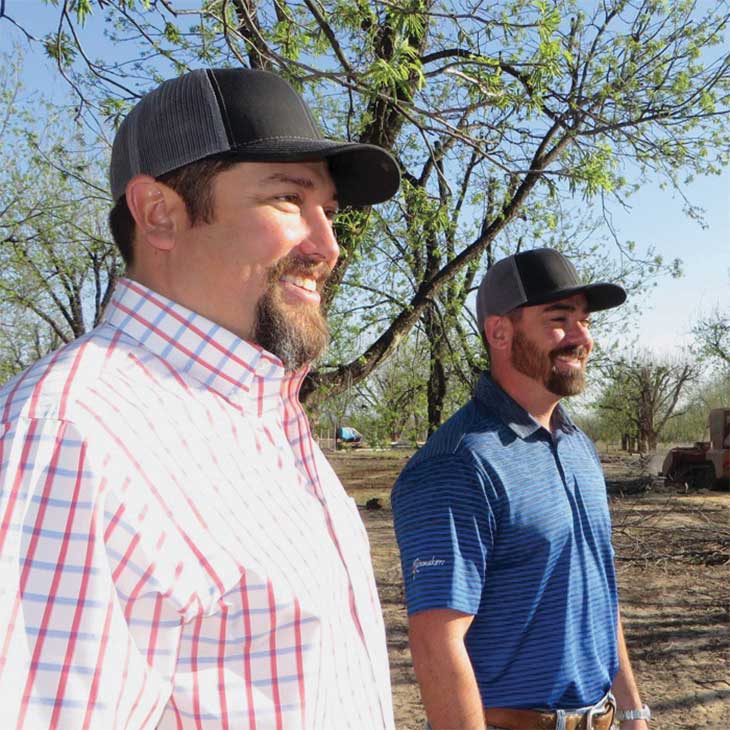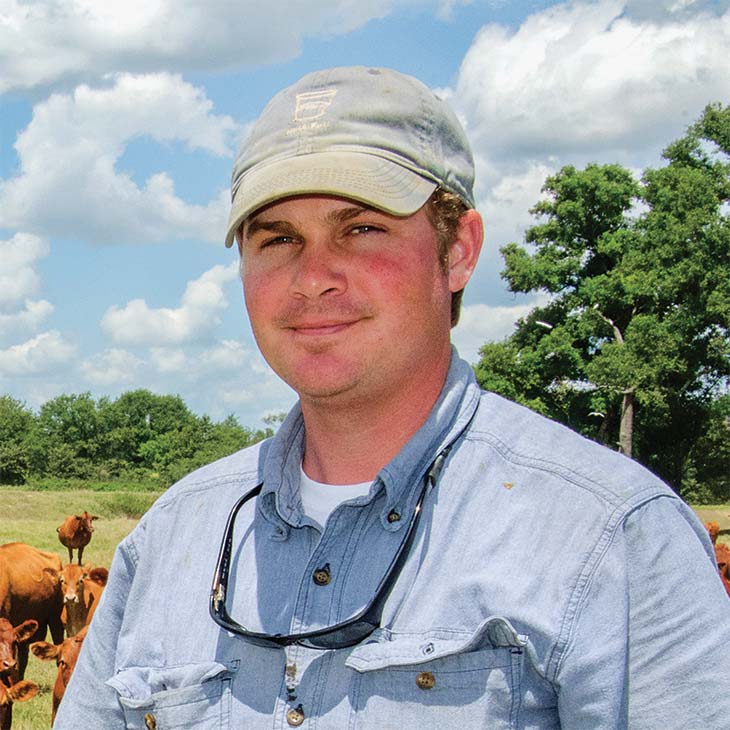In the mid-1800s, a teenager from Cleveland paid $40 to attend a three-month college course where he learned bookkeeping, penmanship, and the essentials of banking, commerce and commercial law.

Photo by Nancy Jorgensen
After graduating from the course at age 16, he pored over the city directory to identify the business establishments with the best credit rating — which included railroads, banks and wholesale merchants. Armed with this market intelligence, he left the boarding house each morning on his job search. He would ask to speak to the person in charge, but often would find himself relegated to the assistant, to whom he would say, “I understand bookkeeping, and I’d like to get to work.”
Persistence Pays Off
This went on six days a week for six weeks. When asked later why he did not get discouraged, he said, “I was working every day at my business — the business of looking for work. And I put in my full time at this every day.” When he exhausted his list, he simply started over from the top, and visited several firms two or three times. Although Cleveland was thriving, nobody was willing to hire a boy.

Photo by Jim Lincoln
One day he walked into the offices of a commission merchant and produce shipper who happened to be in urgent need of a bookkeeper. He was told to hang up his coat and get straight to work, which he was glad to do. Although it was three months before he received his first paycheck, he celebrated that day for the rest of his life — even more so than his own birthday.
That boy was John D. Rockefeller, who went on to become the wealthiest American of all time. The reason he celebrated what he referred to as “Job Day” was because it represented the opportunity he needed to prove himself and pursue his dreams. It was the starting point that led to great things.
Capital: The First Step
For many young people pursuing their dreams in agriculture, Farm Credit represents a similar opportunity. For over a century, the Farm Credit System has been a source of much-needed capital that serves as a first step to help young people go on and do great things. To be sure, agriculture is a capital-intensive and high-risk proposition, but many young people are interested in and capable of making successful careers in the field, despite the challenges. Farm Credit can help because it’s a place where young and beginning farmers have access to the capital and other resources needed to manage their businesses and mitigate risk.

Photo by Sheryl Smith-Rodgers
Farm Credit supports young and beginning farmers in a variety of ways because we have a long-term perspective on agriculture and know that its future depends on the hopes and dreams of today’s young people. Rural communities throughout the country are filled with capable and ambitious young people who, like Rockefeller, would “like to get to work” at providing an abundant and reliable source of food and fiber for the world. They need an opportunity; they need someone to show them the ropes; and they need a financial partner like the Farm Credit System.